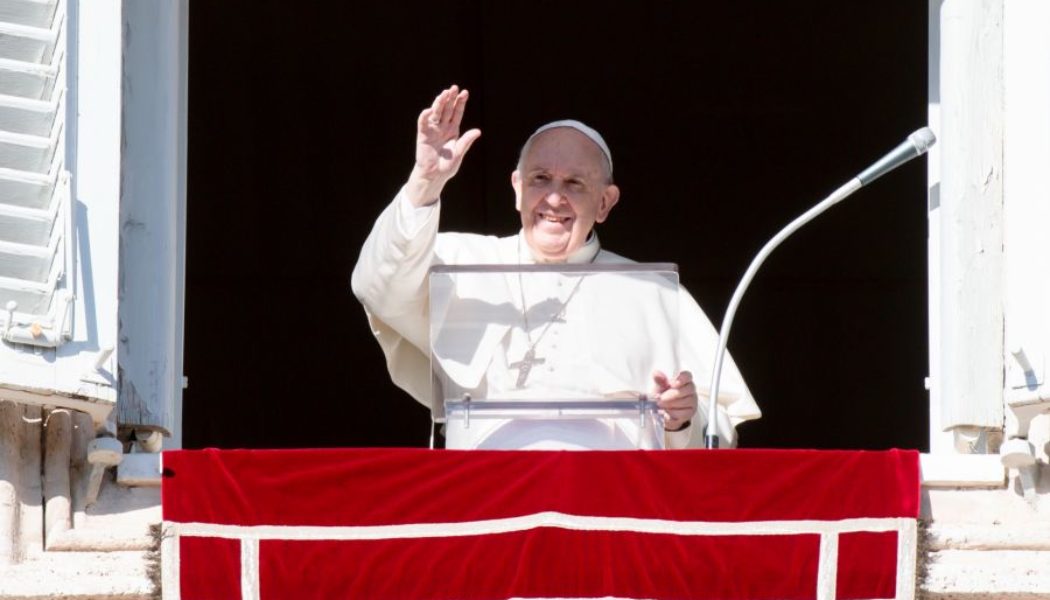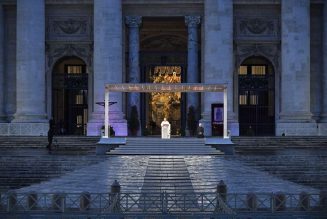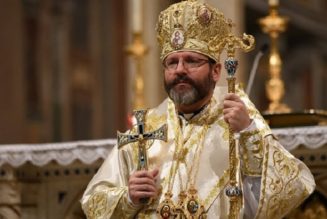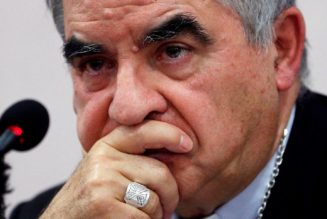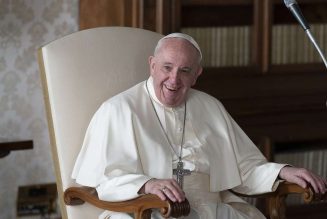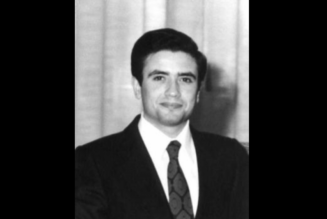
The Week of Prayer for Christian Unity dates back to the 19th century when Pope Leo XIII encouraged the practice of a Prayer Octave for Unity.
VATICAN CITY — Pope Francis has asked Catholics to offer up their sufferings this week for Christian unity.
During his Sunday Angelus address, the Pope called on people to participate in the upcoming Week of Prayer for Christian Unity taking place January 18-25.
“We Christians, in the diversity of our confessions and traditions, are also pilgrims on our way to full unity, and we come closer to our goal the more we keep our gaze fixed on Jesus, our only Lord,” Pope Francis said from the window of the Apostolic Palace on Jan. 16.
“During this week of prayer, we offer our difficulties and sufferings for the unity of Christians,” he told the crowd gathered below in St. Peter’s Square.
The Week of Prayer for Christian Unity dates back to the 19th century when Pope Leo XIII encouraged the practice of a Prayer Octave for Unity. The Vatican and the World Council of Churches came together in 1966 to jointly prepare prayer materials for what has become an annual event.
During the week, Catholic, Orthodox, Lutheran, Baptist, Pentecostal and other Protestant denominations are invited to pray in a particular way for unity among Christians.
This year the Middle East Council of Churches based in Beirut, Lebanon has prepared the texts for the ecumenical prayers, which will take place each day of the week in Rome with the theme: “We saw a star in the East, and we came to worship him.”
The Pope will mark the end of the week with the praying of vespers for the feast of the Conversion of St. Paul at the Basilica of St. Paul Outside the Walls on Jan. 25.
In his Angelus message, Pope Francis reflected on the Gospel of John’s account of the wedding at Cana, where Jesus transformed water into wine.
“We notice that the evangelist John does not speak of a miracle, that is, of a powerful and extraordinary deed that provokes wonder. He writes that a sign took place at Cana, a sign that sparked the faith of his disciples,” the Pope said.
“A sign is a clue that reveals the love of God, which does not call attention to the power of the gesture, but to the love that caused it. It teaches us something about the love of God, which is always close, tender and compassionate,” he said.
Pope Francis highlighted how Jesus quietly intervened after Our Lady discreetly brought the situation to his attention.
“Everything took place ‘behind the scenes,’” the Pope noted.
“This is how God acts, with closeness and with discretion. … This is Jesus. He helps us, he serves us in a hidden way,” he said.
With this Gospel passage in mind, the pope recommended that people take time to think about “the signs” that God has manifested in their lives.
“Let each of us say: in my life, what are the signs the Lord has accomplished? What are the hints of his presence, the signs he has done to show that he loves us?” he said.
“Let us think about that difficult moment in which God allowed me to experience his love. And let us ask ourselves: what are the discrete and loving signs through which he has allowed me to feel his tenderness?”
The Pope recommended asking for the Virgin Mary’s intercession to contemplate these moments.
“May she, the Mother who is always attentive as at Cana, help us treasure the signs of God’s presence in our lives,” he said.
Join Our Telegram Group : Salvation & Prosperity
